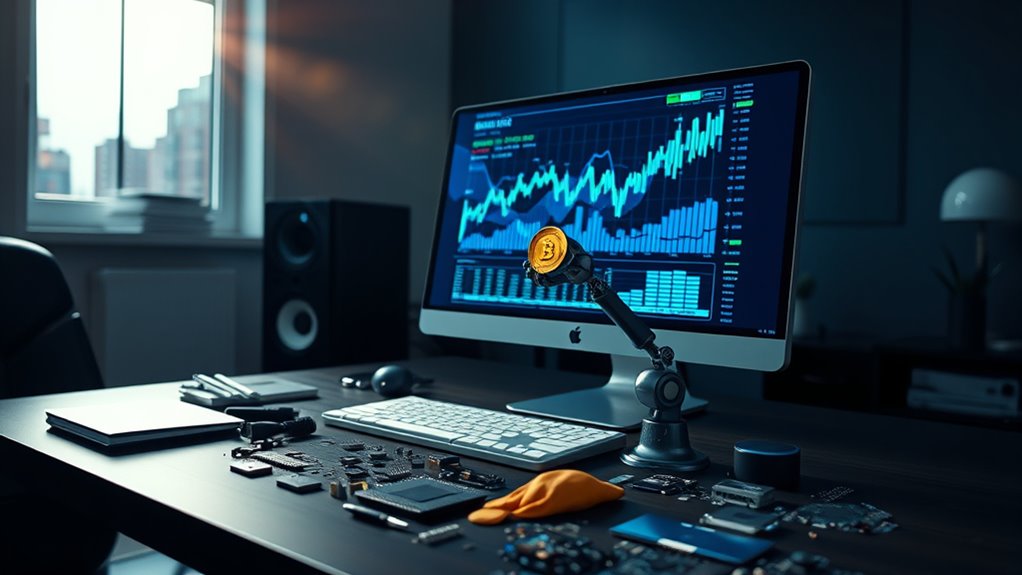While technology continues to shape the world, investing in AI stocks has become a hot topic for many. Artificial Intelligence, or AI, is changing how industries work, from healthcare to finance. This has made AI companies a big focus for people looking at the stock market. They’re seen as having a lot of potential to grow because of their new and exciting technologies. But, there’s also a catch—AI stocks can be riskier than safer options like broad market funds tied to the S&P 500.
The impact of AI is huge, and it’s not just one thing. It includes stuff like generative AI, which can create content with tools like ChatGPT. Then there’s AI for data and infrastructure, like chips and data centers. There’s also AI software for businesses and everyday users, plus services that help companies use AI. Even stock trading uses AI to make things faster and smarter. This wide range of uses shows how AI is touching so many areas, creating lots of chances for companies to shine. As the industry expands, AI market growth continues to reflect ongoing innovation and increasing demand for these technologies.
Looking at how AI stocks are doing, they’ve been a big driver of gains in the S&P 500 since 2023. The largest AI companies take up a hefty chunk of the market’s total value. But, there’s a gap between these giant companies and smaller ones. Some think smaller AI firms might catch up if their tech brings in enough money. High hopes are pinned on the big players to keep growing fast, though. Notably, the top AI companies hold significant financial reserves, with cash reserves of approximately $460 billion on their balance sheets, providing them with substantial flexibility for innovation and expansion.
There’re some standout AI stocks, like Alphabet, which is tied to Google. Certain stocks get high marks, with 4 or 5 stars from groups like Morningstar. A few are even thought to be undervalued by over 20%. Beyond the huge companies, there’re chances to look at newer AI tech and smaller firms. The whole AI world needs to keep growing to match the big expectations set for it. Additionally, AI’s potential to contribute economic value of $15.7 trillion to the global economy by 2030 underscores the immense opportunities for investors in this space.
Lastly, the trend in AI investing shows it’s not just about the biggest names. New ideas and tech keep popping up. The long-term view looks bright if AI keeps getting better. But, there’re risks if smaller companies don’t keep up with the giants.









